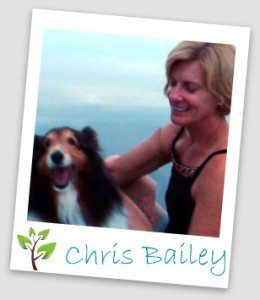During the school year, I tutor one afternoon a week with a program called Start the Adventure in Reading (STAIR) that targets at-risk second graders. It’s totally selfish. We must teach children to read so that one day, they will buy our books.
As is always the case with trying to give back, I learn a lot more than I teach. One lesson I never thought much about is homonyms. You remember- words that sound alike, but have different meanings and spellings. With my STAIR student, I read stories and search for words like sea and see; tale and tail; blue and blew; to, too and two.
In the past couple of months, I’ve noticed quite a few misrepresented nouns and verbs in published works-a few of them in paperbacks and blog posts, but most between hard covers. I know even high-end hardback books can’t be perfect, and that a few mistakes among 100,000 words doesn’t destroy a good story. But I thought I’d share what I’ve seen because. . .well, because there’s no excuse for it. And I’m a curmudgeon.
Shears/Sheers
Shears hanging in the window of a hair salon would make a creative statement. But the picture window in the elderly widow’s home probably has translucent fabric panels called sheers.
Teaming/Teaming
People who join a team may be the teaming type, but I suspect that the mention of a “teaming crowd” was not supposed to evoke the image of people joining together in cooperative groups. I suspect the author meant to use the word “teeming,” or numerous, as in the sonnet by Emma Lazarus engraved on a plaque inside the base of the Statue of Liberty.
“Give me your tired, your poor,
Your huddled masses yearning to breathe free,
The wretched refuse of your teeming shore.
Send these, the homeless, tempest-tost to me,
I lift my lamp beside the golden door!”
Flare/Flair
Someone with a flair for style may be bright, but wouldn’t light the sky the way a flare does.
Sight/Site
When a character sets her sights on visiting a “grave sight,” she could have meant a specter or ghost, or even a place where she might view something somber. But given the context, the author probably meant “a grave site,” a particular location within a cemetery.
Phased/Fazed
One hero was notably unphased by a bomb. I think the author meant “unfazed,” or heroically undaunted, rather than unsynchronized.
All through school, English classes address common homonyms, but no handy “i before e” rule applies. Spell checkers rarely help. You have to learn the words. And the only way to do that is to read lists of homonyms to raise awareness. Here’s a link to Alan Cooper’s exhaustive online list: http://www.cooper.com/alan/homonym.html
He welcomes additions to the list!
Chris Bailey’s writing for hire has appeared online, in numerous U.S. newspapers and in mailboxes across the U.S. and Canada.


